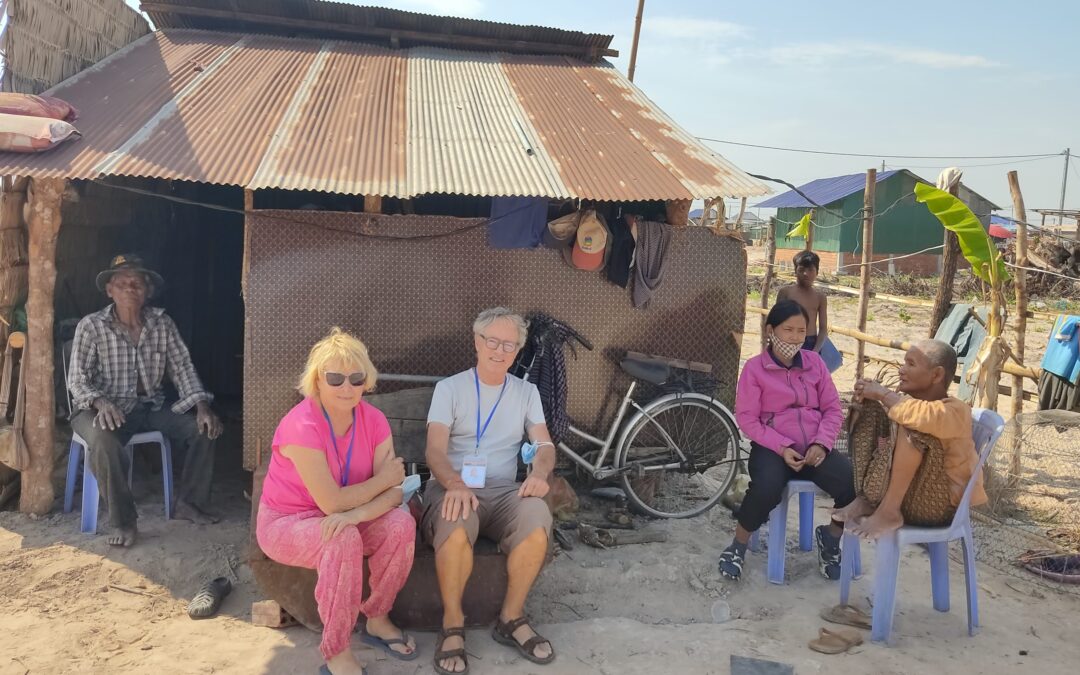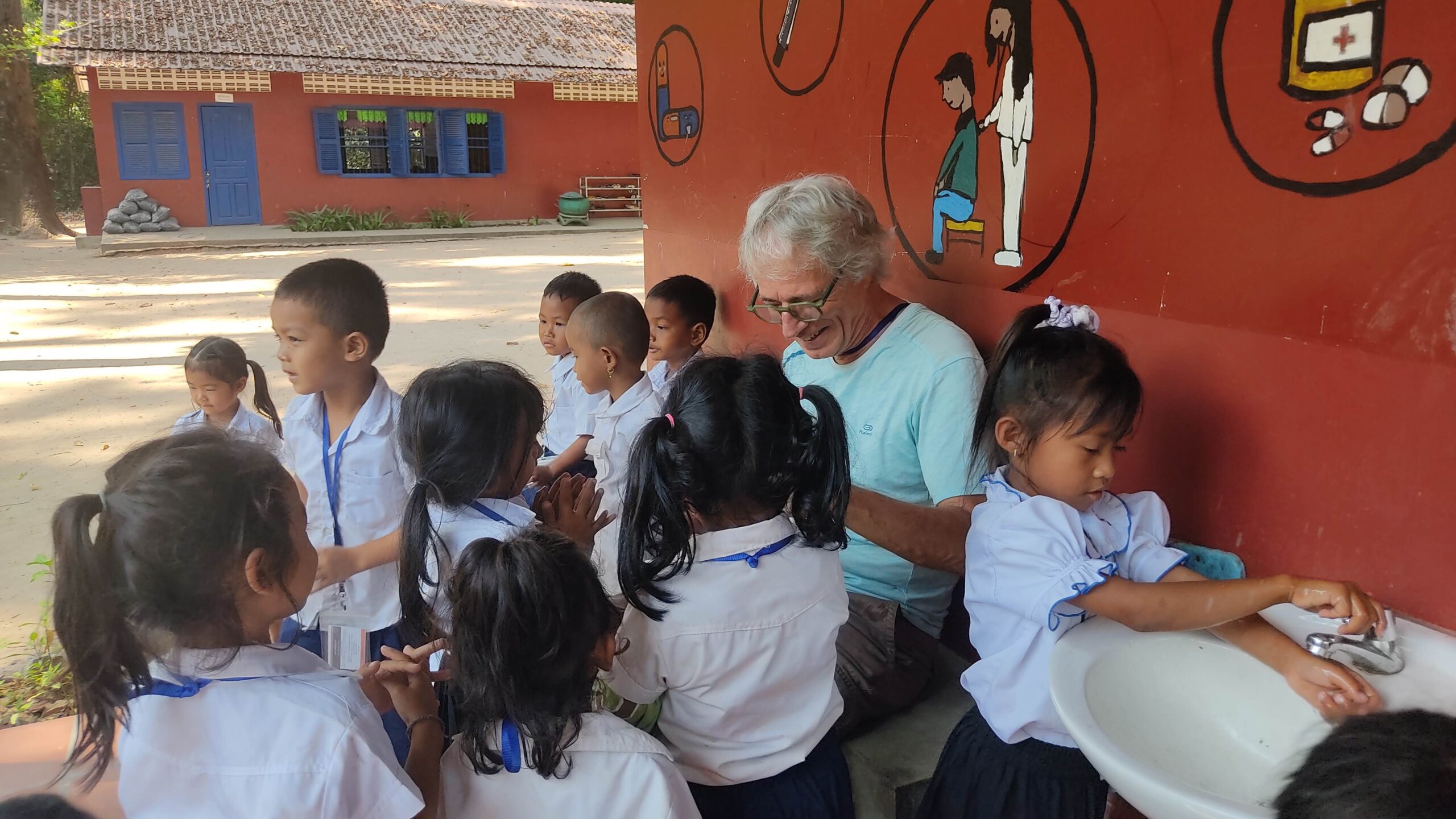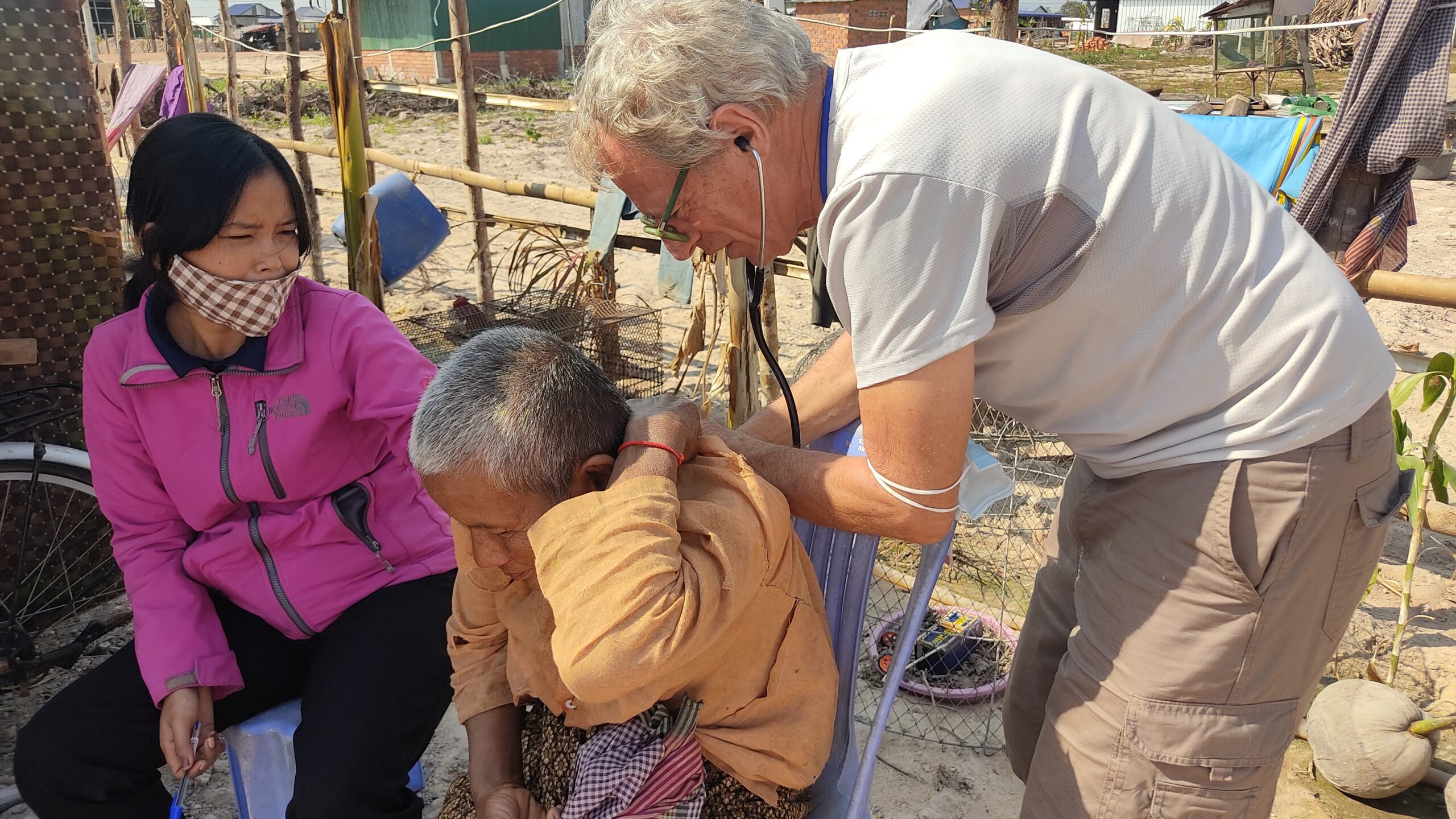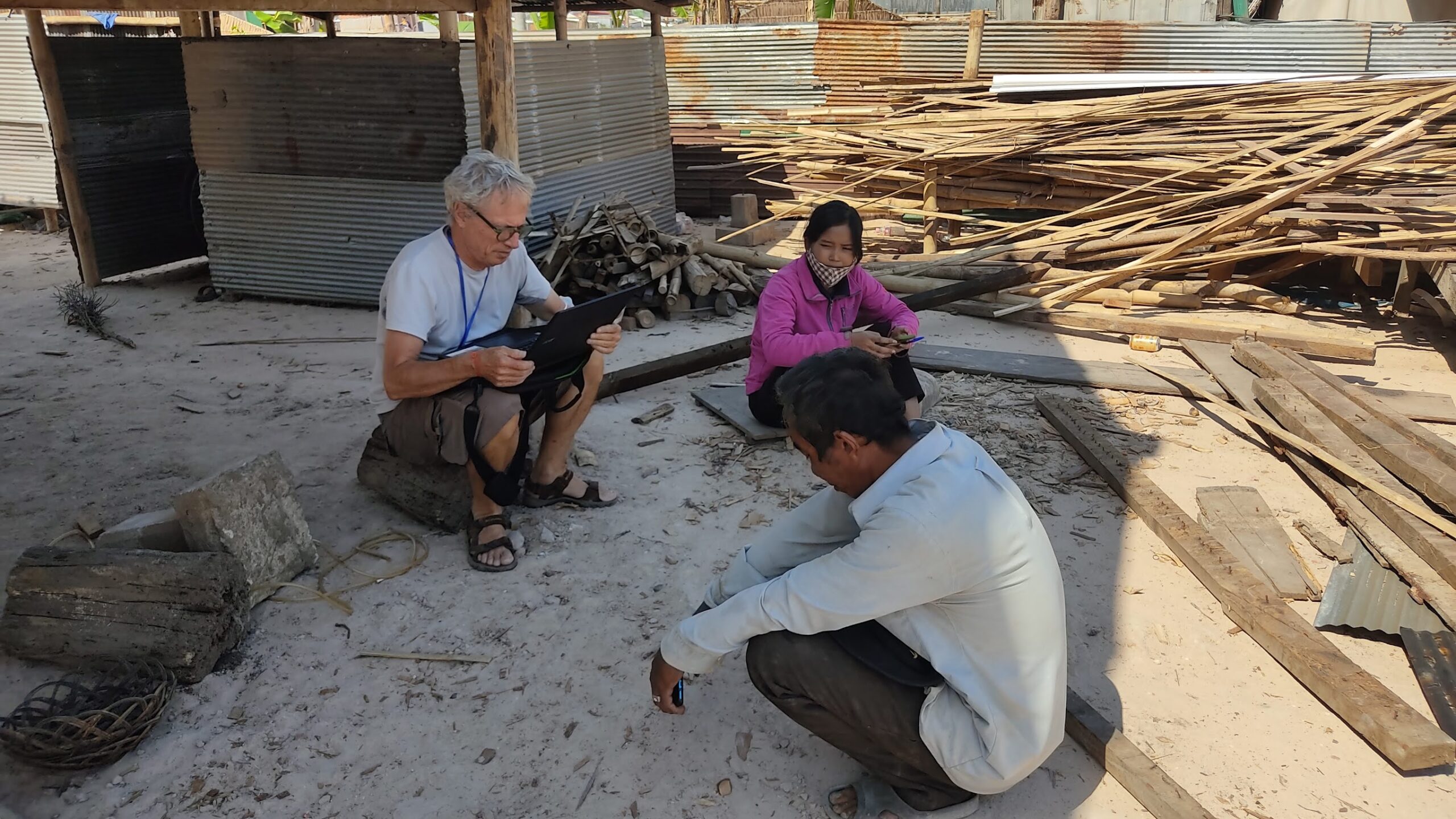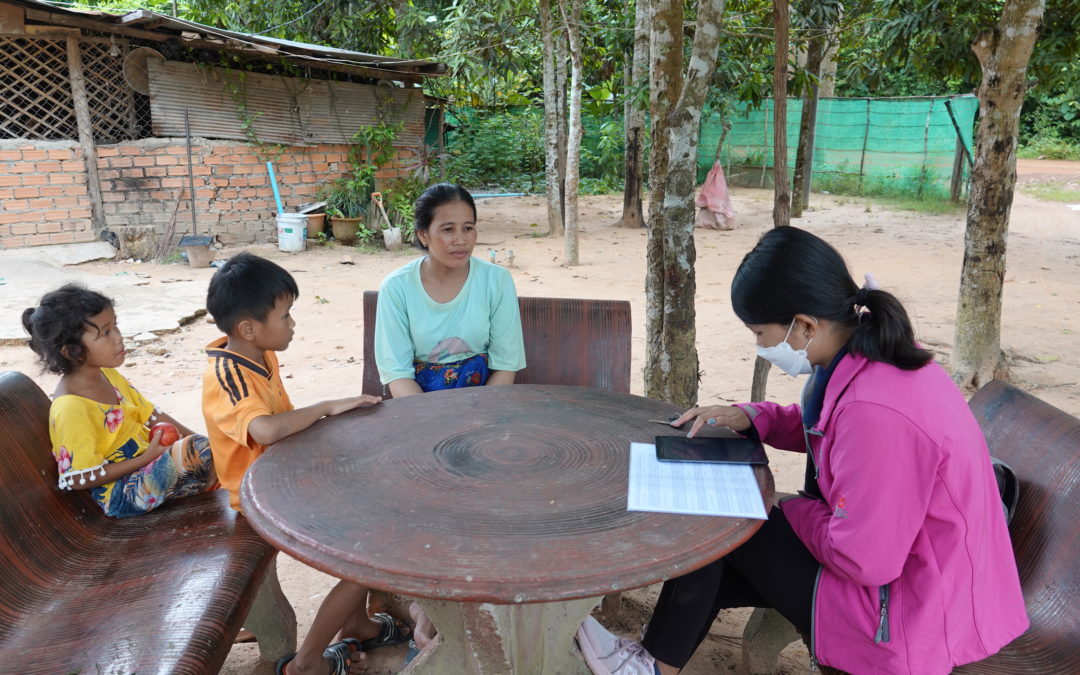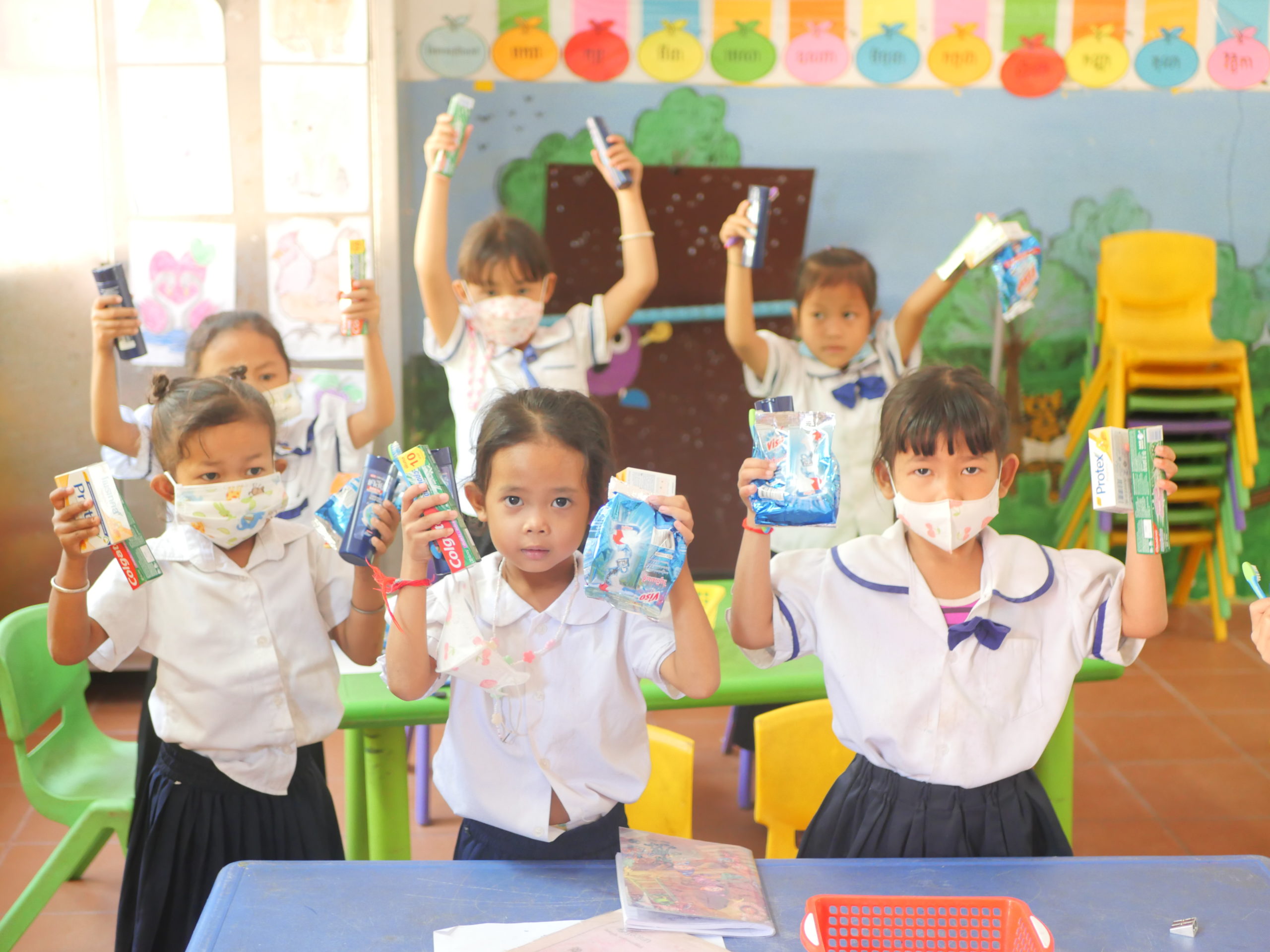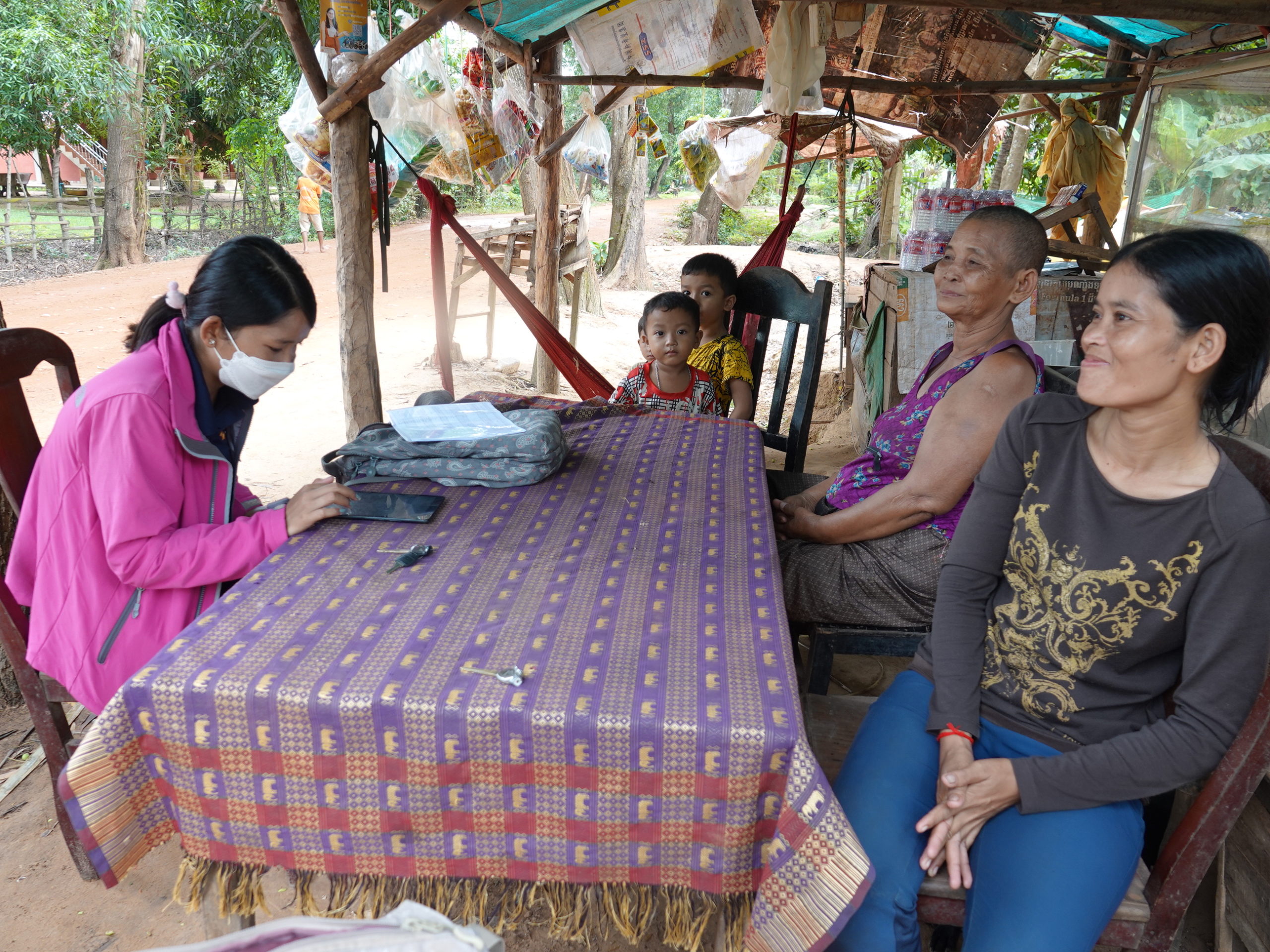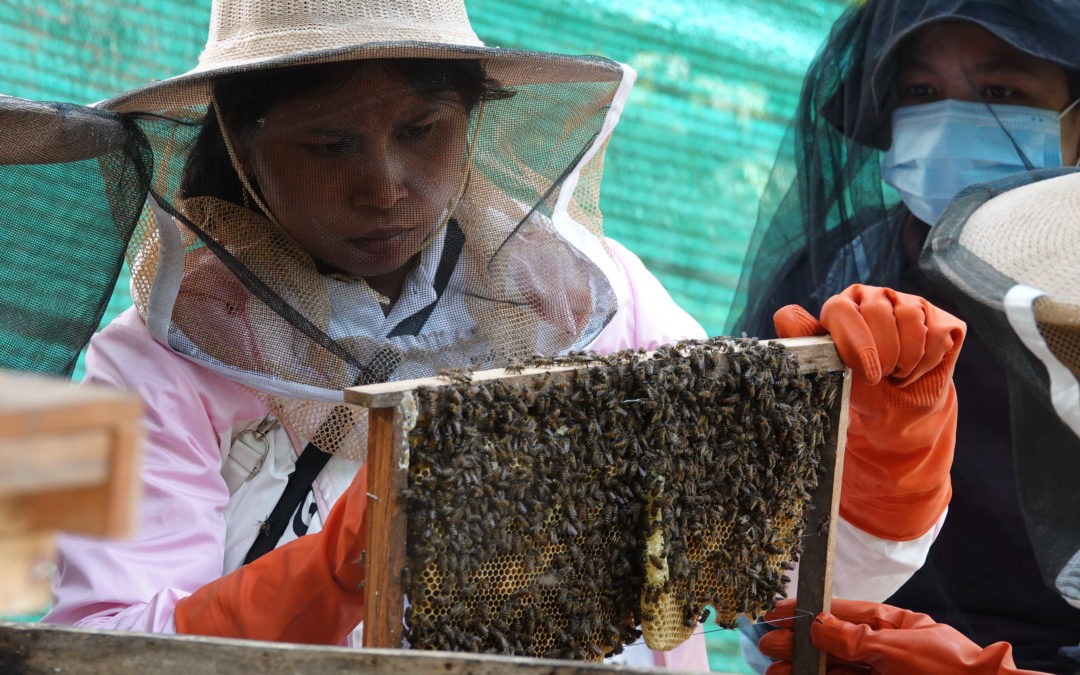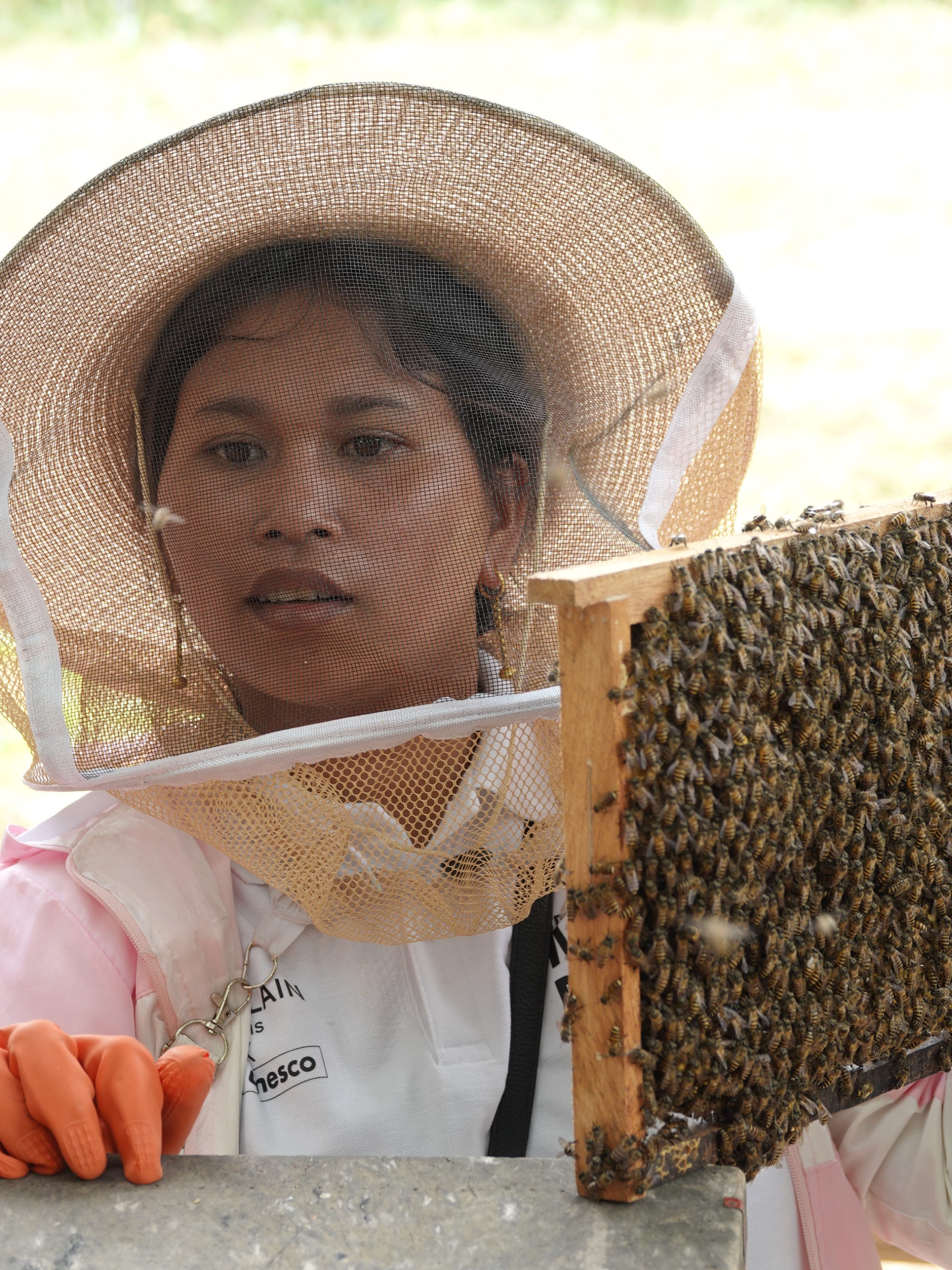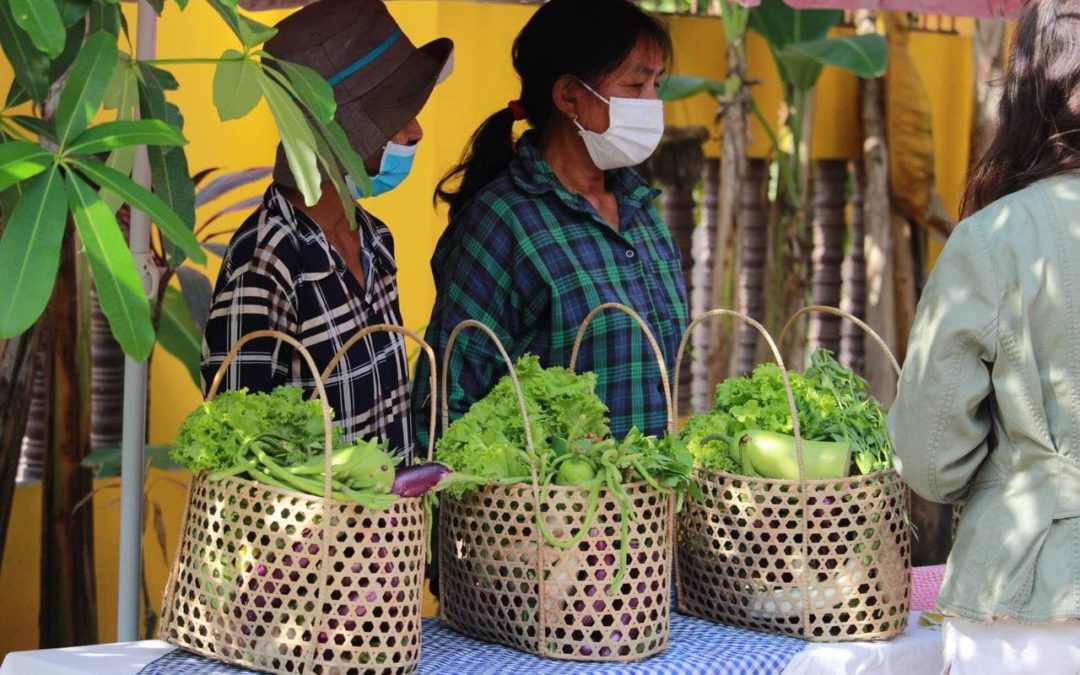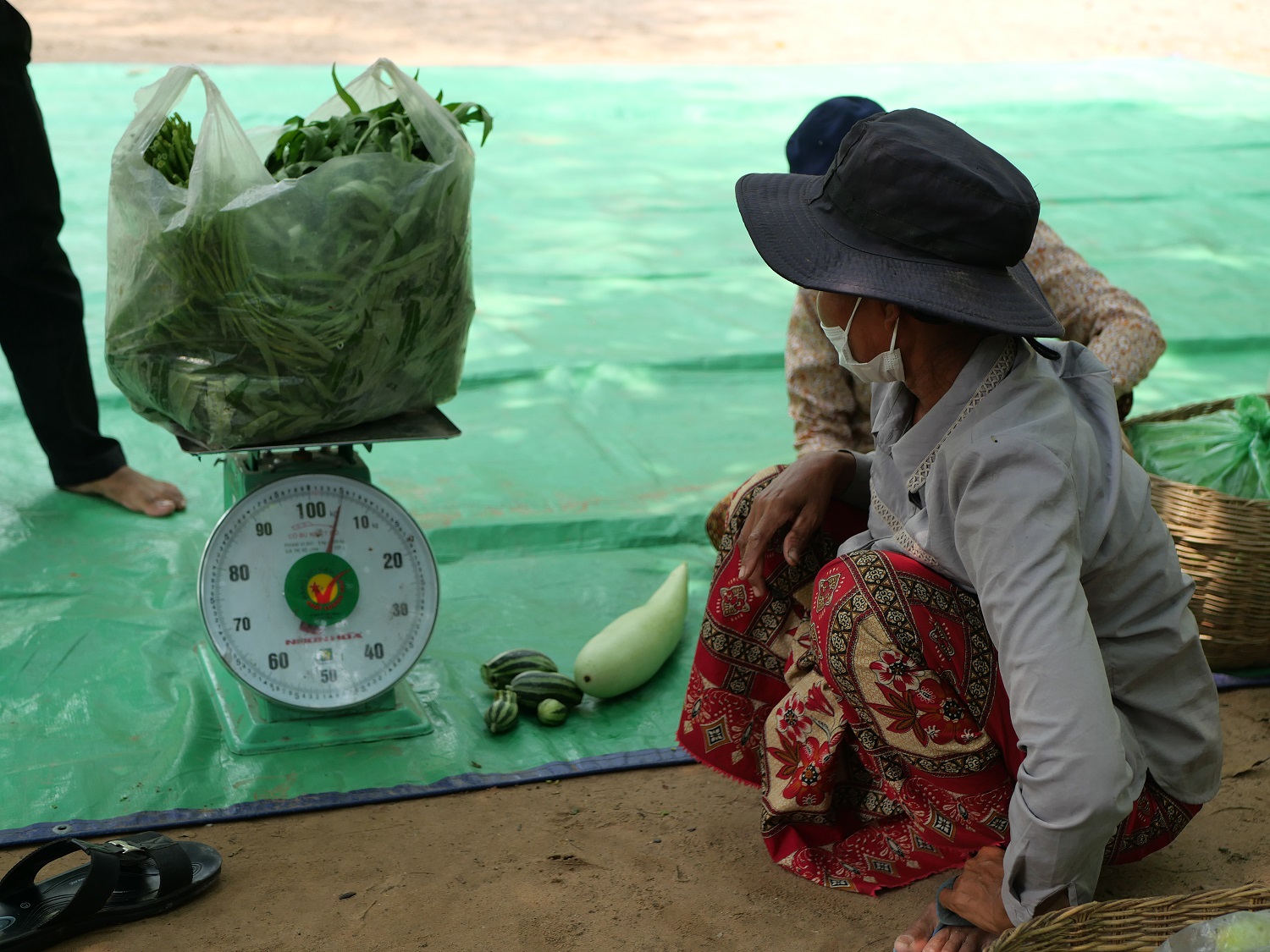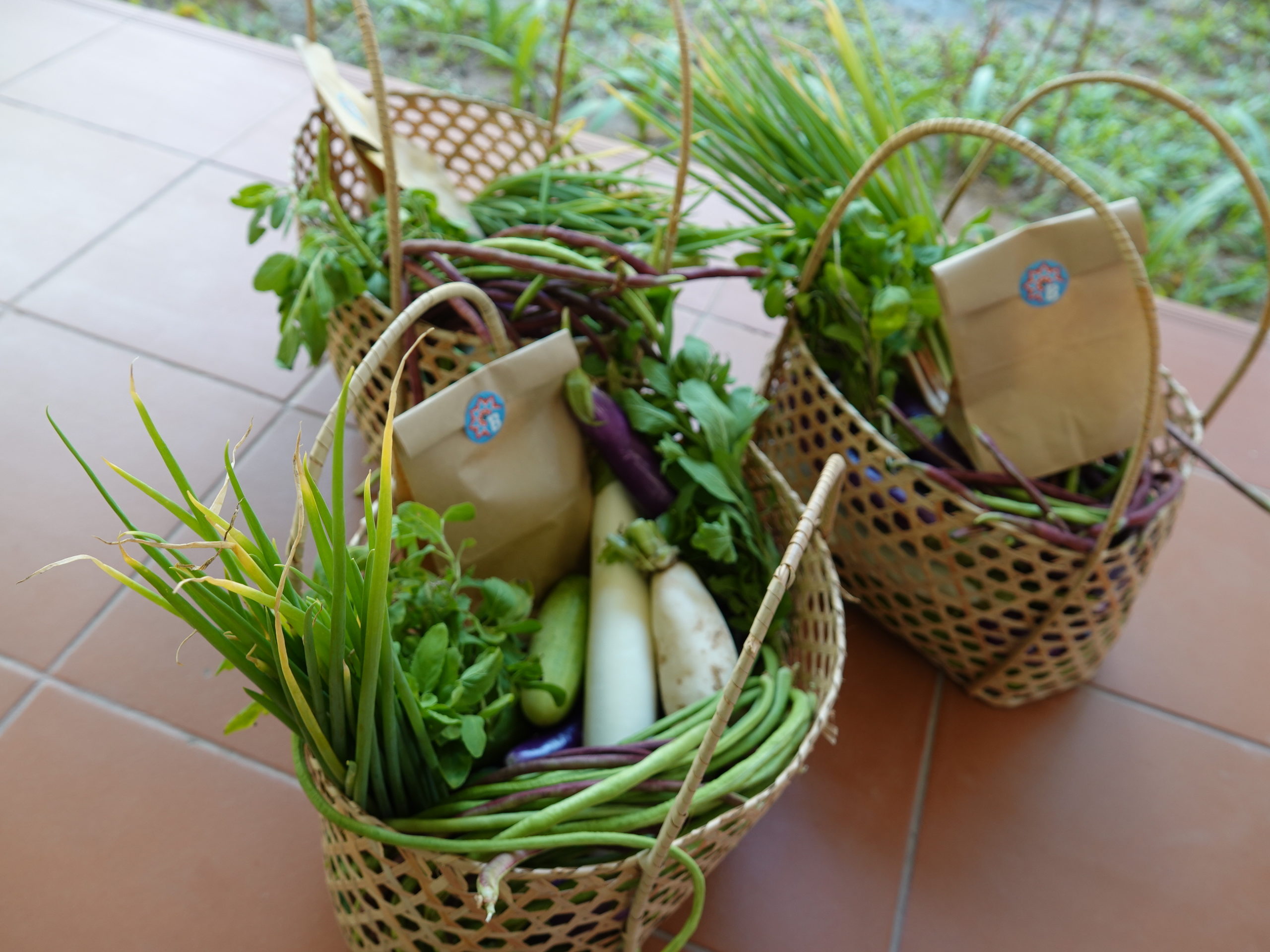
A great start to the new school year, and solidarity for a better future!
Last November, our elementary school students returned to school after a month’s well-deserved vacation! Meticulously prepared by our social workers and teachers, the new school year was marked by a beautiful ceremony in the presence of parents. On the program: moments of sharing around the arts and inspiring speeches, to launch this new school year under the best possible auspices.
But that’s not all! This period was also an opportunity to reinforce our support for students through concrete actions. We distributed essential school supplies to ensure their academic success. In addition, in collaboration with Lotus Outreach, bicycles were given to our female students to enable them to get to school more easily and safely. The Bayon School provided the bicycles for the students.
New to the program for petites and moyennes sections: the introduction of English classes!
These playful, interactive sessions enable our young students to discover a new language while having fun. Songs, games, stories and everyday expressions punctuate these classes, designed to awaken their curiosity and lay the foundations for lasting learning. What’s more, these students now have classes all day, as opposed to half a day the previous year, a step forward that gives them even greater opportunities to progress.
A huge thank you to all those who made this back-to-school unforgettable, and welcome to our young students for a new year full of discovery, learning and great opportunities! Together, let’s continue to make a difference.



